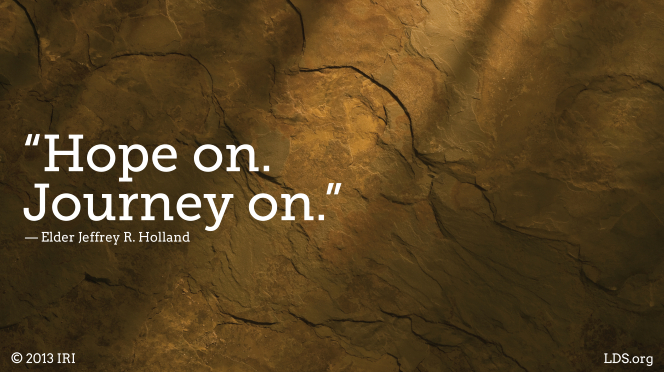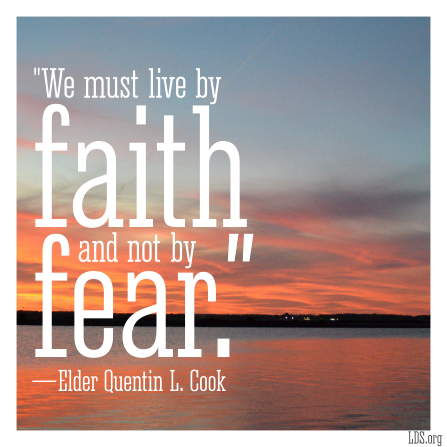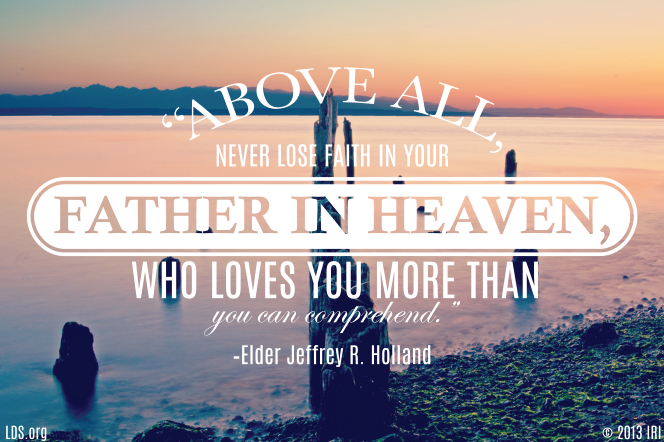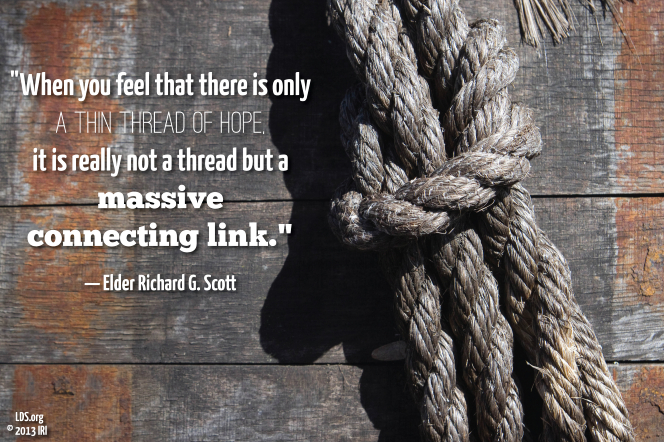Post # 9 – My Port is in Place
Dear Family & Friends,
So, in my last post I was telling
you about getting my port put in. I got to thinking that maybe a lot of you
wouldn’t know what a port is, and even though I did try to explain it a little
bit, I thought it might be good if I made it a little bit clearer.

First off, it may be a good idea
to explain about chemo therapy as well. As
I understand it – chemo therapy is for patients with some form of cancer and it
was designed to destroy the cancerous cells that are rapidly growing and
multiplying. Cancer cells grow and divide more rapidly than our normal cells do
so they would be more affected by the chemotherapy.
This is directly from the
American Cancer Society website: Chemotherapy
(chemo) usually refers to the use of medicines or drugs to treat cancer. The
thought of having chemotherapy frightens many people. But knowing what
chemotherapy is, how it works, and what to expect can often help calm your
fears. It can also give you a better sense of control over your cancer
treatment.
I found this interesting that
chemotherapy is the use of any drug to treat any disease, and not just for
cancer patients as I had thought. Chemotherapy is the use of any drug to treat any disease. But to most people, the
word chemotherapy means drugs used for cancer treatment. It’s often shortened
to “chemo.” It is true that the mention of chemotherapy to some of us may
sound scary and the side effects can be daunting and truly exhausting as they
come and go with the treatments. It has been my experience that any of us can
go through any trial, situation, anything, with the help of the Lord.

Surgery and radiation therapy remove, kill, or damage cancer
cells in a certain area, but chemo can work throughout the whole body. This
means chemo can kill cancer cells that have spread (metastasized) to parts of
the body far away from the original (primary) tumor. Cancer cells tend to form new cells more quickly than normal cells and this
makes them a better target for chemotherapy drugs. However, chemo drugs can’t
tell the difference between healthy cells and cancer cells. This means normal
cells are damaged along with the cancer cells, and this causes side effects.
Each time chemo is given, it means trying to
find a balance between killing the cancer cells (in order to cure or control
the disease) and sparing the normal cells (to lessen side effects).
How often you get chemo and how long your treatment lasts depend
on the kind of cancer you have, the goals of the treatment, the drugs being
used, and how your body responds to them. You may get treatments daily, weekly,
or monthly, but they’re usually given in on-and-off cycles. This means, for
example, that you may get chemo the first 2 weeks and then have a week off,
making it a cycle that will start over every 3 weeks. The time off lets your
body build healthy new cells and regain its strength.

Most chemo drugs make you less able to
fight infection, but there are ways you can avoid
them.
- Stay away from
anyone who is sick. (kind of hard to do when you
live with children and teach preschool:))
- Wash your hands often,
especially before touching your face, nose, mouth, or eyes. Ask your
family and friends to do the same when they are with you.
- Very few
treatments require you to avoid close contact with loved ones for a short
amount of time. If this is something you’ll have to do, your doctor will
tell you about it when going over treatment options. (I had to do this when I was
taking the stronger chemo drugs, my young grandson did not understand this
at all)

- Make sure your
vaccinations are up to date. The flu shot is especially important because
people with cancer are at high risk of serious flu complications. Your
health care provider will recommend which vaccines you need. (I only ever had one flu
shot in my life before, but I have had a flu shot each year since my
diagnosis of cancer)
- Infections can be
picked up from food and drinks. So, food safety is very important when
your immune system is weak. Talk to your cancer care team about whether
you need to follow a special diet during your cancer treatment. (I have tried really hard to be really careful not to share my food
and drink during the stronger chemotherapy sessions – which was hard for
my little grandson because he was always taking a drink off my water cup😊)
- Some pets can also transmit infections. So be sure to keep them healthy and take precautions when you’re around them. (I have tried to keep my distance from our dogs since my diagnosis as well, just to try to stay as healthy as possible)

Cancer cells tend to grow fast, and chemo
drugs kill fast-growing cells. But because these drugs travel throughout the
body, they can affect normal, healthy cells that are fast-growing, too. Damage
to healthy cells causes side effects. Side effects are not always as bad as you
might expect, but many people worry about this part of cancer treatment.
The normal cells most likely to be damaged by
chemo are :
- Blood-forming cells in the bone
marrow
- Hair follicles
- Cells in the mouth, digestive
tract, and reproductive system
Some chemo drugs can damage cells in the
heart, kidneys, bladder, lungs, and nervous system. Sometimes, you can take
medicines with the chemo to help protect your body’s normal cells. There are
also treatments to help relieve side effects. (Yeah, I have medication for the
nausea, for the diarrhea, for the pain, and the drug-induced neuropathy in my
hands and feet, seems like they have a drug that helps to offset the side
effects from the chemotherapy)

Some of my friends who also have cancer of different types are
taking oral medicine, but the medication they give me for my cancer treatments
cannot be taken orally. As I understand it is because they are poorly absorbed
by the digestive tract or the body inactivates them after they are taken. That is
why they put a port under the skin so that people who have one form of cancer
or another can receive the medication through IV therapy they need to treat their
disease. I carry a card in my purse that lets any medical personnel know that I
have a porta Cath or cancer port in place.

Here’s a little bit more information from the American cancer society
website: I thought these things might be good to share with you, just in case you or someone that you love has just been diagnosed with a form of cancer.
Doctors try to give chemo at levels high
enough to treat cancer, while keeping side effects at a minimum. They also try
to avoid using multiple drugs that have similar side effects.
- Every person doesn’t get every
side effect, and some people get few, if any.
- The severity of side effects
(how bad they are) varies greatly from person to person. Be sure to talk
to your cancer care team about which side effects are most common with
your chemo, how long they might last, how bad they might be, and when you
should call the doctor’s office about them.
- Your doctor may give you
medicines to help prevent certain side effects before they happen.
- Some chemo drugs cause long-term side effects, like heart or nerve damage or fertility problems. Still, many people have no long-term problems from chemo. Ask your doctor if the chemo drugs you’re getting have long-term effects.

While side effects can be unpleasant, they
must be weighed against the need to kill the cancer cells.
For me, the side effects are nothing compared to the extra time it allows me to spend with my children, my grandchildren, and now my great grandchildren. to be able to hear my grandsons ask me to read them a story or play township with them has been so wonderful. watching them grow these past few years has truly been a gift from my Heavenly Father.
Yes, the side effects can be very unpleasant, very draining, and even somewhat limiting to the things that you can do or can't do that you used to be able to do, but we can talk more about this in a later post, right now I will get back to my port:)
It really has not been too intrusive
and has not been too painful for me, having the port put in. Once I was healed
after it was surgically put in place, it has been a good thing for me. I understand
that some people have had problems with theirs – their body rejected the implant,
or it wouldn’t work right, but I have been very blessed with the one I have. It
rarely does a blood return, but it works perfectly otherwise, and I am truly
grateful for that.

Well, I hope that information was
a little bit helpful to you, I know I have sure learned a lot with my research.
Having stage four breast cancer is my way of life right now and I am so grateful
to my Heavenly Father for all the progress that He has made possible in the
medical field of oncology.
The progress that is being made
even as we speak is amazing! So never give up hope for yourself, a loved one,
or a good friend who has been diagnosed with cancer. It can be very confusing
with all the terms and the prognosis with this disease – no matter what part or
parts of your body are affected, make sure that you are getting your
information from a reliable source, like the Cancer Society. I say this because there is a tremendous
amount of information – good information, true information – as well as a whole
lot more misinformation on the internet so please be careful. Be sure to look
for the information from the right sources, there is so much out there that can
scare you to death, so to speak. And you need to hold onto your faith – not the
fear that can so easily overcome you – if you let it.

I hope that you have all been uplifted and strengthened just a little bit and in some small way from this post. Until my next post, may God bless
each of you and have a wonderful day. Keep praying and hold onto your faith in Jesus Christ!!
No comments:
Post a Comment